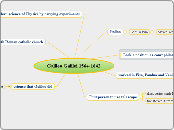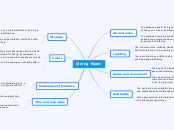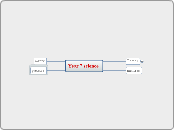Exploring Space
Space Satellites
Come in Many Shapes and Sizes
Most Common Two Parts
Antenna and Power Source
Power source can be solar panel or battery
Antenna Sends and Receives Information
Often to and From Earth
Satellites Collect more data, more quickly
Than Instruments on the Ground
Also Can See into space better than telescopes at Earth's Surface
Satellites fly above the clouds
Dust and Molecules in the Atmosphere that can Block the View from Ground Level.
First Satellite in Space
Spundnik
Soviet Union launched it in 1957
Effects of Space Travel on Humans
Low Eye Sight
Slows Cardiovascular System Functions
Decreases production of Red Blood Cells
Space Travel Could Cause
Satellites
A Satellite is a Moon, Planet or Machine
that Orbits a Planet or Star.
Bird's-eye view that allows
to See Large Areas of Earth at One Time.
Human-Made object or Vehicle
Orbits Earth, Moon, or Other Celestial Bodies
A Person to be Dizzy or Hard time Breathing
Due to Lack of Gravity
Types of Satellites
"Humble" Space Telescope
Canada's First Space Telescope
Launched in 1990
Global Positioning System (GPS) Satellites
Using a Hand Held Device
Use Satellite Technology to Find out Where You are
Communications Satellites
Allows Radio, Television, and Telephone Transmitions
Sent Anywhere in the World
Astronomy Satellite
See into Space
10x better than Telescope
Space Station
Flies at an Average Attitude
248 Miles (400 Kilometers)
Largest Structure
Launched into Space
Most Complex
International Scientific and Engineering Project









